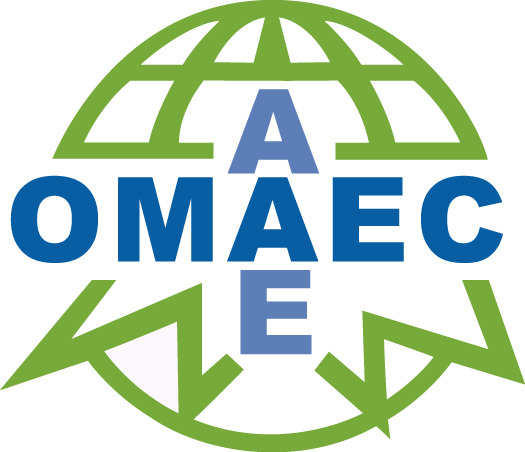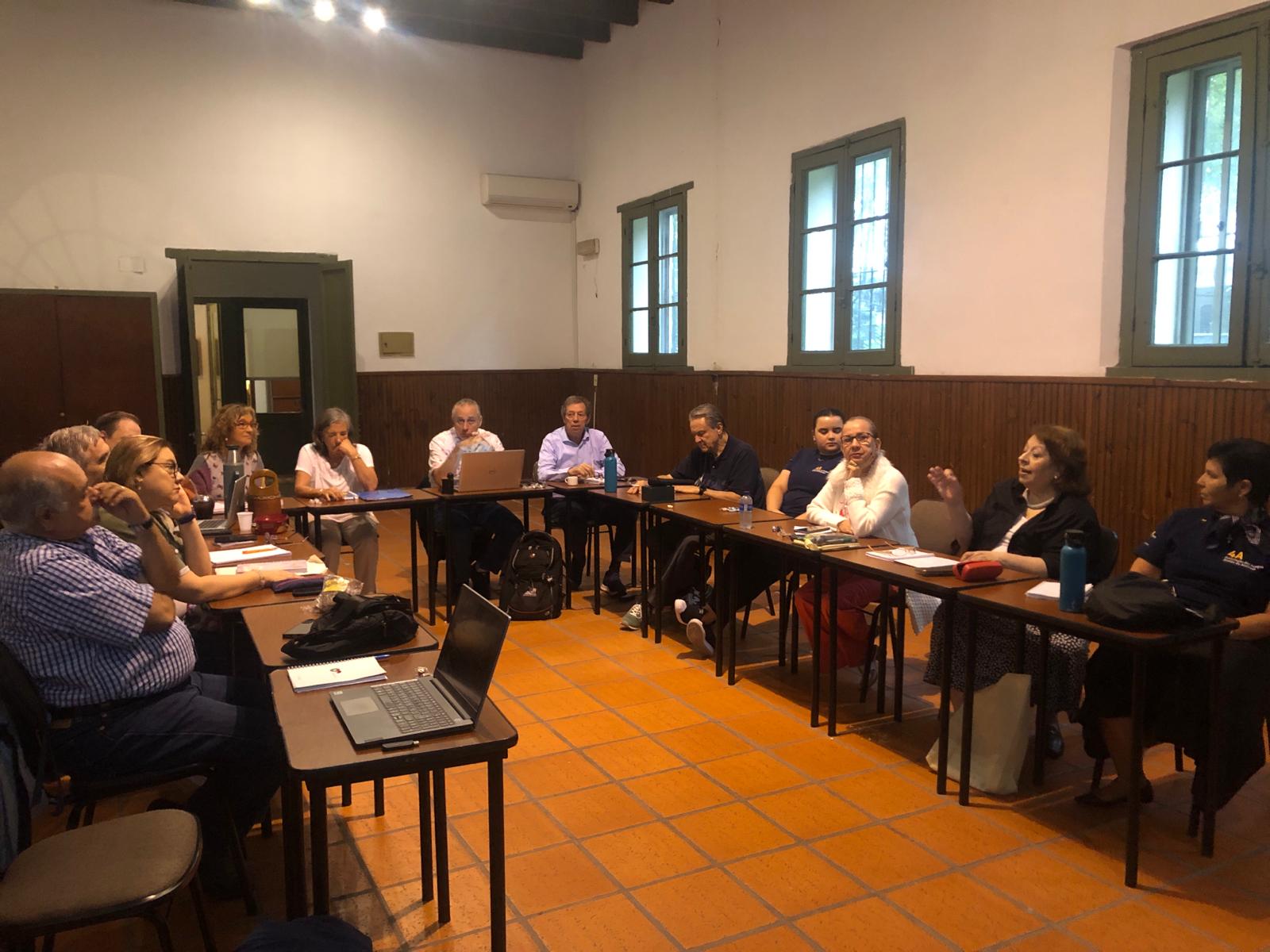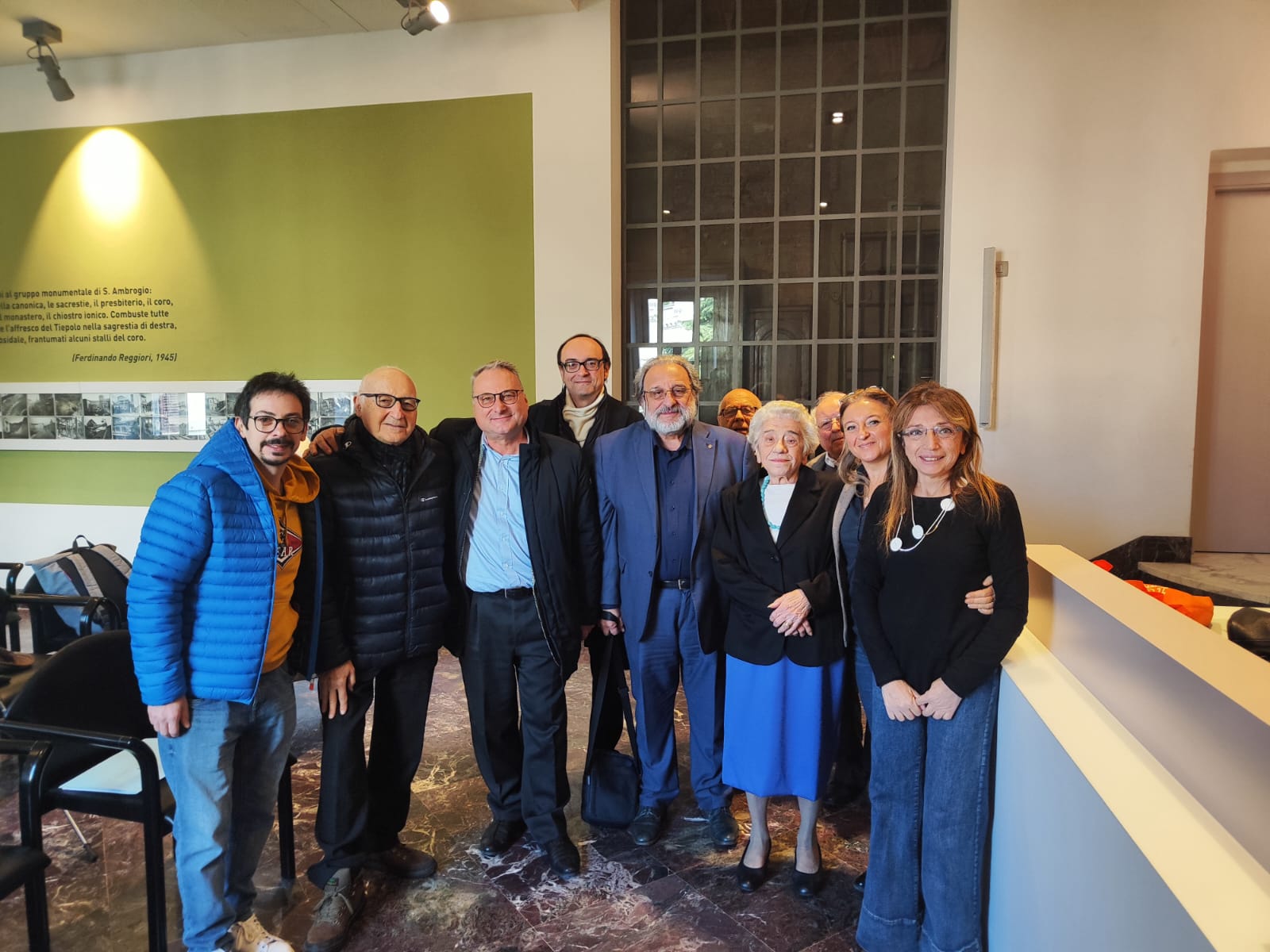14th September 2020 – OIDEL presents its reports made from an analysis that covers all the UN recognized countries in which it compiles initiatives, tendencies and good practices on how to face the educational crisis caused by COVID-19.
The aim of the research done by OIDEL is to shed some light on how different countries have faced this educational crisis collecting good practices and strategies of the government and the civil society to face this situation.
In the field of education, the consequences of coronavirus have been dramatic. According to UNESCO, more than 90% of children have been deprived of school attendance. In this context, OIDEL has undertaken an international research on the different strategies at the educational field to ensure the continuation of the learning process. Some of the assessed factors are:
– The existence of support materials in official government websites.
– The broadcasting of educational programs in traditional media such as radio or television.
– The provision of support educational material for parents.
– The compilation of good practices and tendencies during the first confinement which can help the different stakeholders in the new back-to-school context.
The first part of the report consisted on a quantitative analysis on the government strategies during the first wave of COVID. This section shows how during the confinement most of the developed countries decide to wager on online education. On the other hand, most of the developing countries focus their energy in the broadcasting educational programs through television, radio or written press.
Furthermore, this research assesses in depth the educational strategies carried out by 16 countries: Argentina, Austria, Belgium, Canada, Chile, Colombia, France, Germany, Guyana, Ireland, Italy, New Zealand, Singapore, Spain, Switzerland and the United Kingdom.
The report highlights the important role than parents have had in the education of their children during these first months of the crisis. This fact has been acknowledged by government and international institutions. Nevertheless, the report notes the lack of support to parent by most of the governments in their educational strategies. In the Western Europe and North America region, more than 50% of countries have not developed a specific plan for families neither during nor after the confinement. While the governments in Asia and Latin America have been more sensitive to this question.
Ignasi Grau
Director of OIDEL
+34 628 70 86 80








